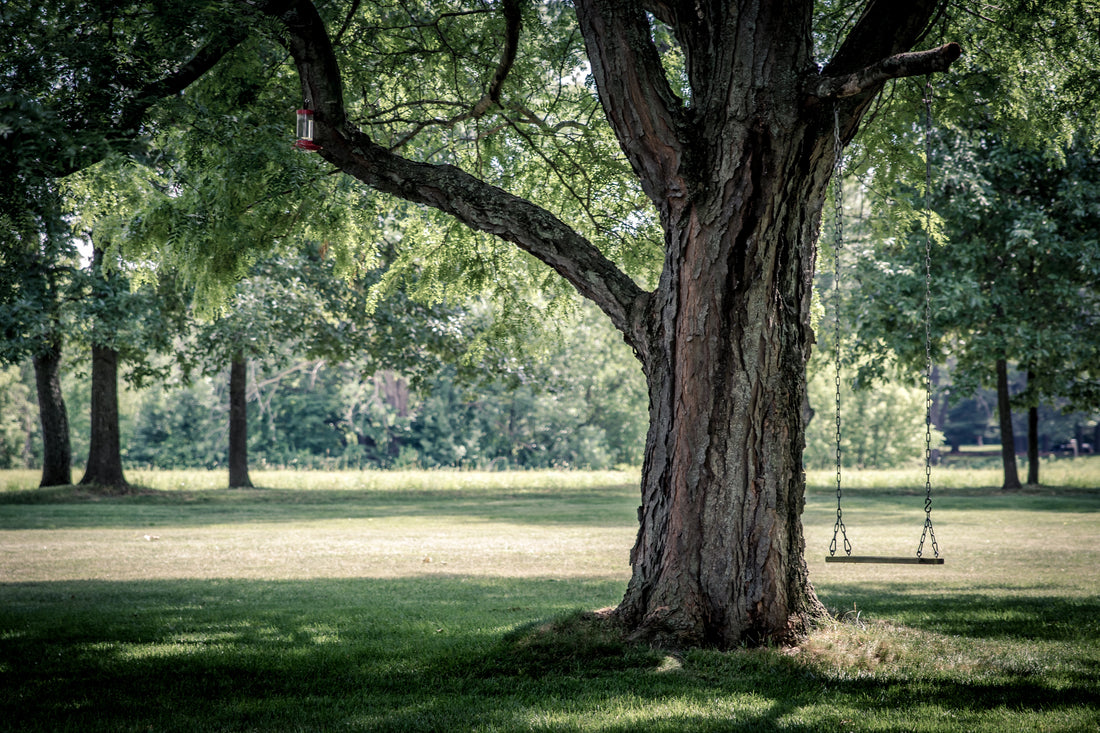Mature trees are magnificent and valuable assets to any landscape. They provide shade, beauty, and habitat while adding significant value to your property. However, as trees age, they require specific care and attention to ensure their continued health and vitality. In this blog post, we share essential tips and practices for caring for mature trees, allowing them to thrive and sustain their beauty over time.
-
Regular Inspections: Regularly inspecting your mature trees is essential to identify any signs of disease, pest infestation, or structural issues. Look for visible symptoms such as dead or decaying branches, cracks, or splits in the trunk, and abnormal growth patterns. Early detection can help address problems promptly and prevent further damage.
-
Professional Tree Care: Engaging the services of a professional arborist experienced in working with mature trees is highly recommended. Arborists can assess the overall health of your trees, provide proper pruning techniques, and offer guidance on disease prevention and management. Their expertise ensures that your mature trees receive the specialized care they need.
-
Pruning and Trimming: Pruning plays a crucial role in maintaining the health and aesthetics of mature trees. Remove dead, diseased, or damaged branches to improve air circulation and prevent the spread of diseases. Thinning the crown can reduce weight and wind resistance, reducing the risk of branch failure. However, avoid over-pruning, as mature trees benefit from a balanced crown-to-root ratio.
-
Mulching: Applying a layer of organic mulch around the base of mature trees helps retain moisture, regulate soil temperature, and suppress weed growth. Be careful not to pile mulch against the trunk, as this can lead to moisture retention and potential decay. Maintain a mulch ring that extends to the drip line of the tree.
-
Watering: Although mature trees have well-established root systems, they may still require supplemental watering during prolonged dry spells. Water deeply and infrequently to encourage deep root growth. Consider using drip irrigation or a soaker hose to ensure water reaches the root zone effectively.
-
Fertilization: Regular fertilization can provide essential nutrients to support the health of mature trees. Consult with an arborist or tree care professional to determine the appropriate fertilizer type, application rate, and timing based on the specific needs of your trees. More is not better. Too much or the wrong type of fertilizer can be as bad or worse than none at all.
-
Protecting the Root Zone: Avoid compaction or damage to the root zone caused by construction activities, heavy foot traffic, or the placement of heavy objects. Minimize the use of lawn equipment near the base of the tree to prevent damage to the roots and trunk.
Caring for mature trees requires a proactive and comprehensive approach to ensure their continued health and beauty. Regular inspections, professional tree care, appropriate pruning, mulching, watering, and fertilization are all crucial elements in sustaining the vitality of mature trees. By following these practices, you can enjoy the benefits of mature trees for many years to come.
Remember, when in doubt or faced with complex tree care issues, consult with a reputable tree service company like Wilder's Tree Service for expert advice and assistance.

